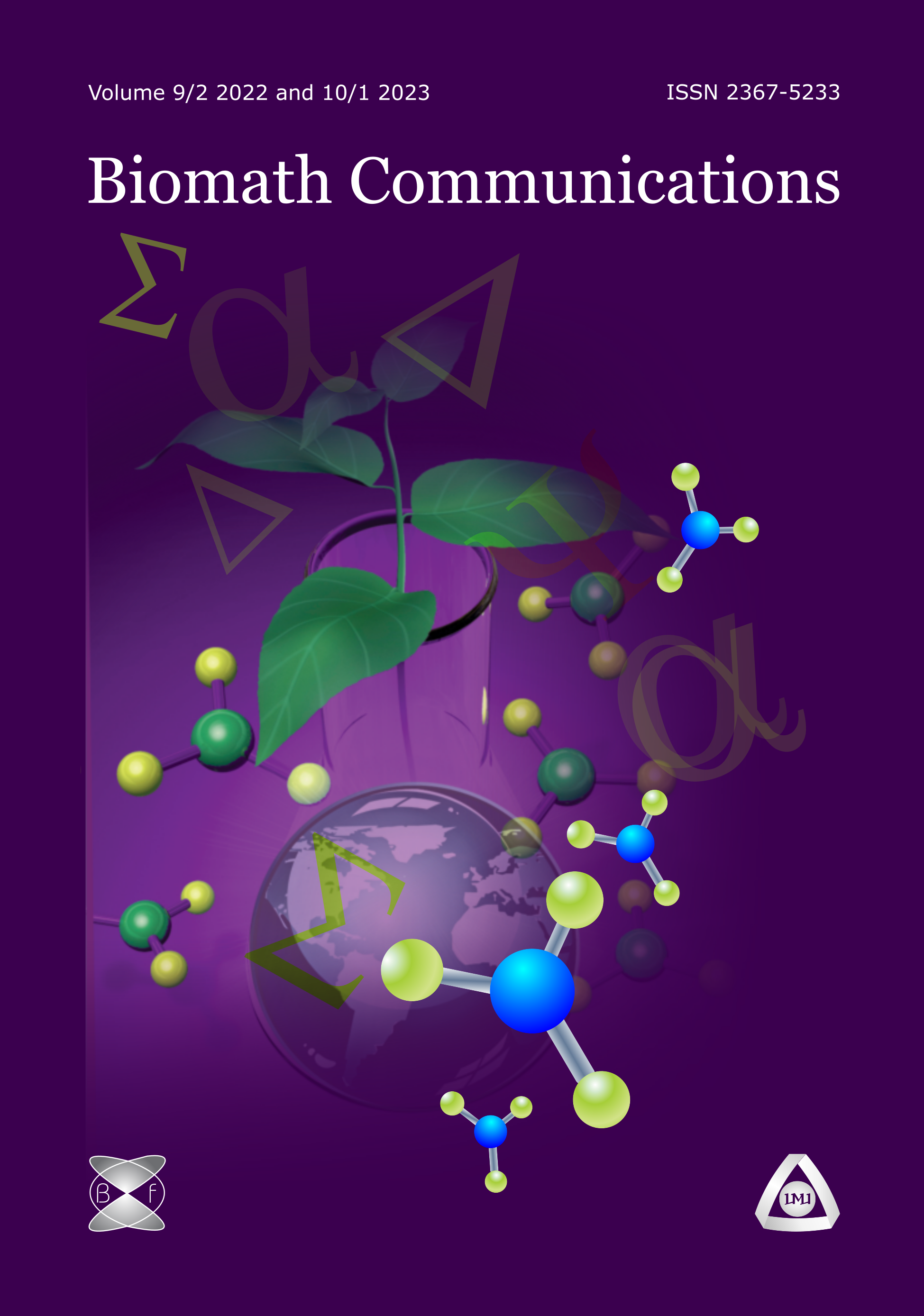Epistemology of Computational Biology and Modeling of Complex Heterogeneous Systems
DOI:
https://doi.org/10.11145/536Abstract
In the last two decades, biological sciences have changed signicantly with the advent of large amounts of omics data and the related development of post-genome technology. Bioinformatics and Computational Biology became important elds of research that require a different set of rules of engagement. The push for "big data" research requires careful considerations when designing experiments, and questions like "What is scienticknowledge" and "Does Computational Biology require its own epistemology" have to be addressed before one declares that data mining is all that is needed. While one cannot expect that a single lecture can suce in properly addressing such questions a few examples of the current undertakings in molecular biology and translational science can hopefully initiate a discussion on these important topics. Examples of research projects focused on the highly complex ecosystem of epithelial cells and microbes in the human gut will be used to illustrate certain typical aspects of Bioinformatics and Computational Biology placed in the context of the two questions above.The examples will also be used to underline "What makes biology really diffcult". Methods for noninvasive probing of the system as well as computational techniques for modeling the interactions among the components of this complex system will be presented. The roles of predictive models in biology and the related epistemology will be discussed. In particular, we will show how prior biological knowledge and model-based approaches can address the major challenge in biological sciences: high dimensionalityof the space of measured variables/features vs. the typically low number of samples. We will briefly discuss recent developments and applications of optimal Bayesian classication, Canonical Correlation Analysis, and generegulatory network modeling for the purposes of control and therapeutic intervention.Downloads
Published
Issue
Section
License
The journal Biomath Communications is an open access journal. All published articles are immeditely available online and the respective DOI link activated. All articles can be access for free and no reader registration of any sort is required. No fees are charged to authors for article submission or processing. Online publications are funded through volunteer work, donations and grants.
Authors who publish with this journal agree to the following terms:
- Authors retain copyright and grant the journal right of first publication with the work simultaneously licensed under a Creative Commons Attribution License 4.0 that allows others to share the work with an acknowledgement of the work's authorship and initial publication in this journal.
- Authors are able to enter into separate, additional contractual arrangements for the non-exclusive distribution of the journal's published version of the work (e.g., post it to an institutional repository or publish it in a book), with an acknowledgement of its initial publication in this journal.
- Authors are permitted and encouraged to post their work online (e.g., in institutional repositories or on their website) prior to and during the submission process, as it can lead to productive exchanges, as well as earlier and greater citation of published work (See The Effect of Open Access).

